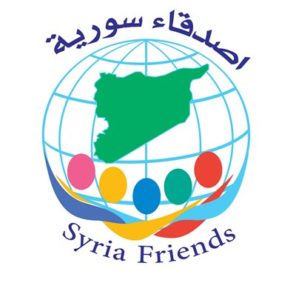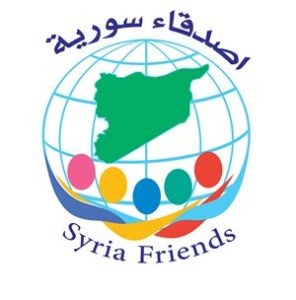The Economic Committee approved in the Presidency of the Council of Ministers a package of measures to ensure the continuation of the production process for the food and medical industries “sterilizers and disinfectants” in the public and private sectors and to provide them with high quality citizens and supply of raw materials necessary for production to secure the needs of the local market of these materials in appropriate quantities and within the instant follow-up to developments in the spread of a virus Corona at the global level and strengthen the process of responding to the virus.

During its meeting today, headed by Eng. Imad Khamis, the Prime Minister, the committee decided to exempt importers of foodstuffs and raw materials necessary for food industries, detergents and sterilizers from the import ration for a period of three months and exempt the owners of tourist activities and damaged facilities as a result of the tax closings for the months of March and April in exchange for continuing to pay the salaries of workers in them.
A working group was formed in each of the concerned ministries to determine the reality of private and public industrial and crafts establishments in the governorates and health requirements that ensure the safety of workers and overcome any obstacle to the continuation of these facilities by work and production.
The committee mandated the ministries of finance, industry, internal trade and the economy to draw up a plan to continue financing imports with the granting of exemptions and incentives for importers of basic materials in the current and future stage, enhancing the quantities of imported basic materials, providing the requirements of the Syrian Foundation for Trade for future periods and ensuring the continuation of the production process.
The Ministry of Agriculture, the Governors and the Peasants Union were asked to address the obstacles facing agricultural activity and production in a manner that ensures its continuation in production. The Committee also asked the Ministries of Health and Internal Trade to tighten control of sales of food products, sterilization materials and detergents in pharmacies, sales outlets and open markets in the governorates.
It was decided to continue the work of the Syrian Trade Establishment‘s outlets in the main cities, governorates and regions in the countryside until 12:00 pm, and it was agreed to support the establishment with cars to activate the mobile sale in rural areas.

Finance Minister Dr. Mamoun Hamdan said in a statement to reporters that it was decided during the meeting to request all ministries and public agencies to provide the Ministry of Finance with the amounts intended to be allocated to meet the burdens resulting from precautionary measures in preparation for preparing and submitting proposals to compensate for that.He pointed to the formation of a committee from the ministries of finance, social affairs, labor and tourism, with whoever is required to assess the damages resulting from the suspension of facilities in the light of these procedures.

The Minister of Internal Trade and Consumer Protection, Dr. Atef Naddaf, stated in a similar statement that the focus was on taking what is necessary to provide basic materials for citizens of all kinds, especially food, and to develop a new work mechanism to reduce congestion at the outlets of the Syrian galleries for trade. Naddaf indicated that the ministry will publish the names of the Syrian outlets for trade that will continue to work until midnight so that the citizens will be aware of them, and the experiment that was adopted in Homs, Lattakia, Tartous and Hama will continue to sell bread through accredited rather than from ovens and this process will be expanded to include other governorates.
Source : Sana







